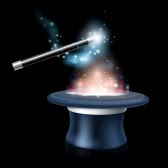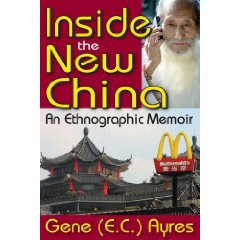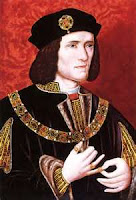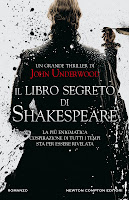Say the Word

There's an old children's taunt--the kind most of my generation got to hear at least once growing up in the streets and schoolyards of America. It goes like this: "Sticks and stones may break my bones, but words can never hurt me." Followed by the usual body language: pointing, thumb on nose, wrinkled face, and whatever. It's possible girls heard this kind of nonsense more often than boys, because girls pretty much had to rely on words for both attack and defense, whereas boys had all sorts of weapons at their disposal: fists, elbows, knees, shoulders, and yes, sticks and stones, or baseball bats, knives, and guns, in more recent times. Maybe that's why women read more than men. They are more comfortable with the power of words, because for much of history it was the only power they had. The absurdity of that childish claim should be obvious to anyone who's ever lived in a civilized society governed by laws, or religious doctrine, or as in Christian and ...





